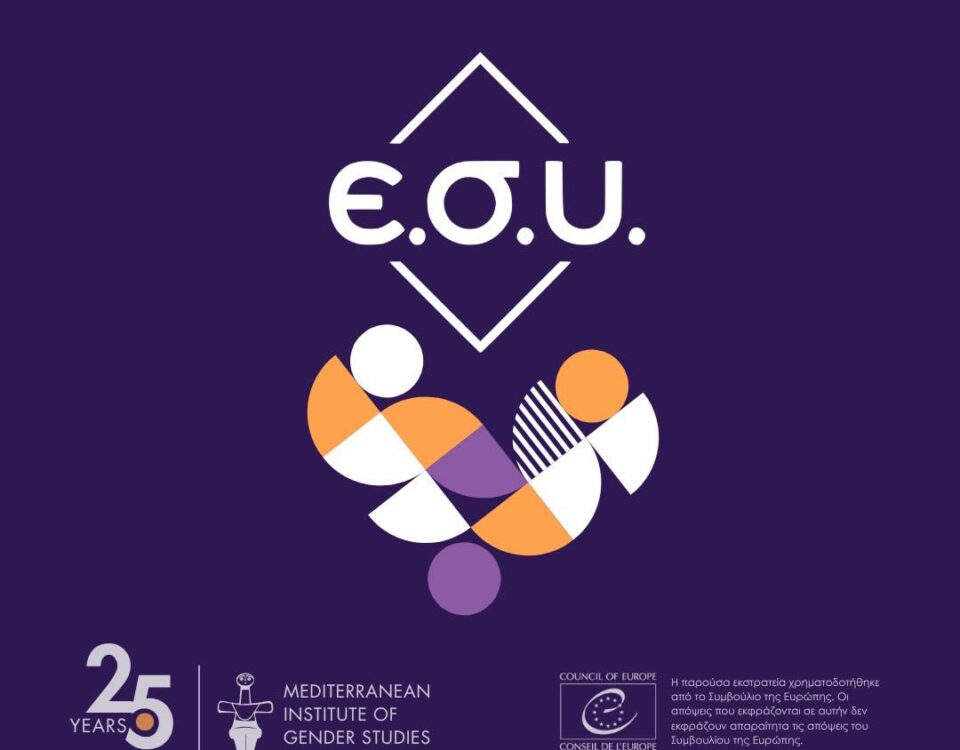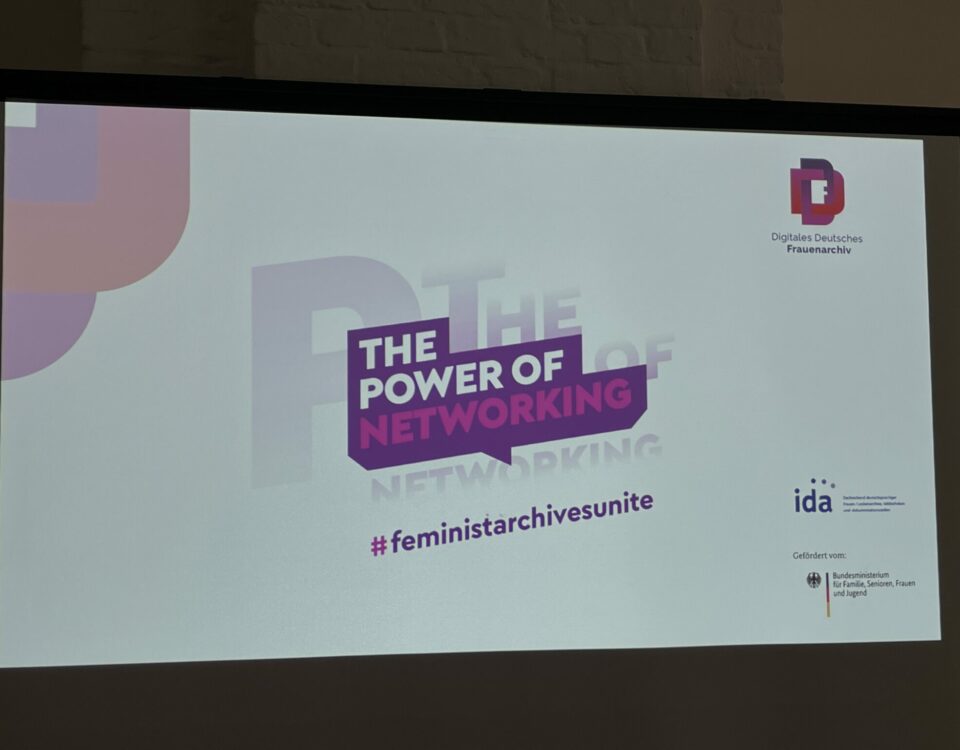EU Civil Society Platform against trafficking in human beings

Committee on Human Rights and on Equal Opportunities for Men and Women
September 18, 2016
Gear against IPV-II – Teachers’ Training Seminars
February 15, 2017On the 6 and 7 December 2016, Josie Christodoulou, policy coordinator of MIGS, was present at the meeting of the EU Civil Society Platform against trafficking in human beings at Brussels, which was organised by the Office of the EU Anti-Trafficking of the European Commission.
first day was a Joint Session between the EU Network of NREMs and the participants of the EU Civil Society Platform against trafficking in human beings. During the day the Commission presented, its more recent publications including "The Comprehensive Policy Review”, and the “Report assessing the impact of existing national law, establishing as a criminal offence the use of the services which are the objects of exploitation of Trafficking Human Beings”.
Statistical evidence presented at the conference, showed that 80% of victims are women and children and 2/3 of the victims are victims of sexual exploitation (Eurostat) only 7% of European Commission funding is directed to sexual exploitation while 56% of funding is for non-specified forms. In addition, the average funding per project on labour exploitation is double of that of sexual exploitation (EUR 569.308 and EUR 231,429) while projects on non-specific or multiple forms of exploitation received the highest funding per project (EUR 637, 931) followed by projects on labour exploitation (EUR 569,308). Unfortunately, projects on sexual exploitation received the lowest average funding per project (EUR 231,429). At the same time and in relation to the criminalisation of the use of services, even in member states where there is no such provision, victims often are been repeatedly raped, mentally and physically abused, suffered offences against not least their freedom, sexual self-determination, bodily integrity.
The second day of the EU Civil Society Platform focused on children in migration crisis and the directive on the residence permits issued to third-country nationals who are victims of trafficking in human beings or who have been the subject of an action to facilitate illegal immigration, who cooperate with the competent authorities.
The EU Anti-trafficking coordinator Myria Vassiliadou, in her closing statements underlined that, “we must not compete for victims, political will is crucial, we need to follow the trafficking chain. For the victims is too late!”
Blog – 7/12/2016




